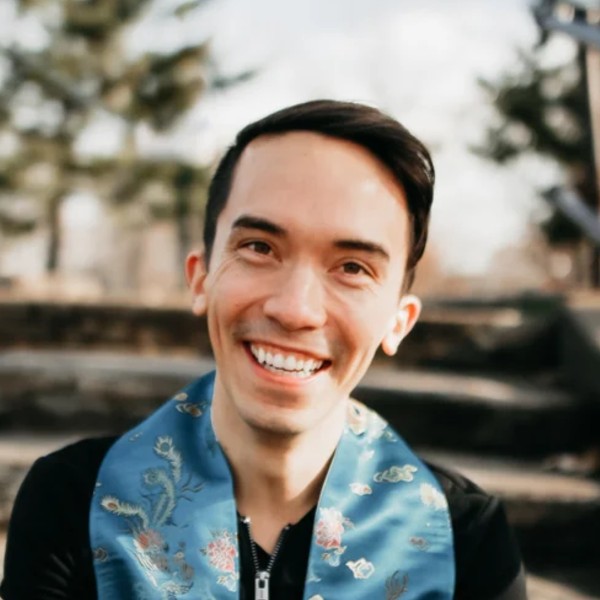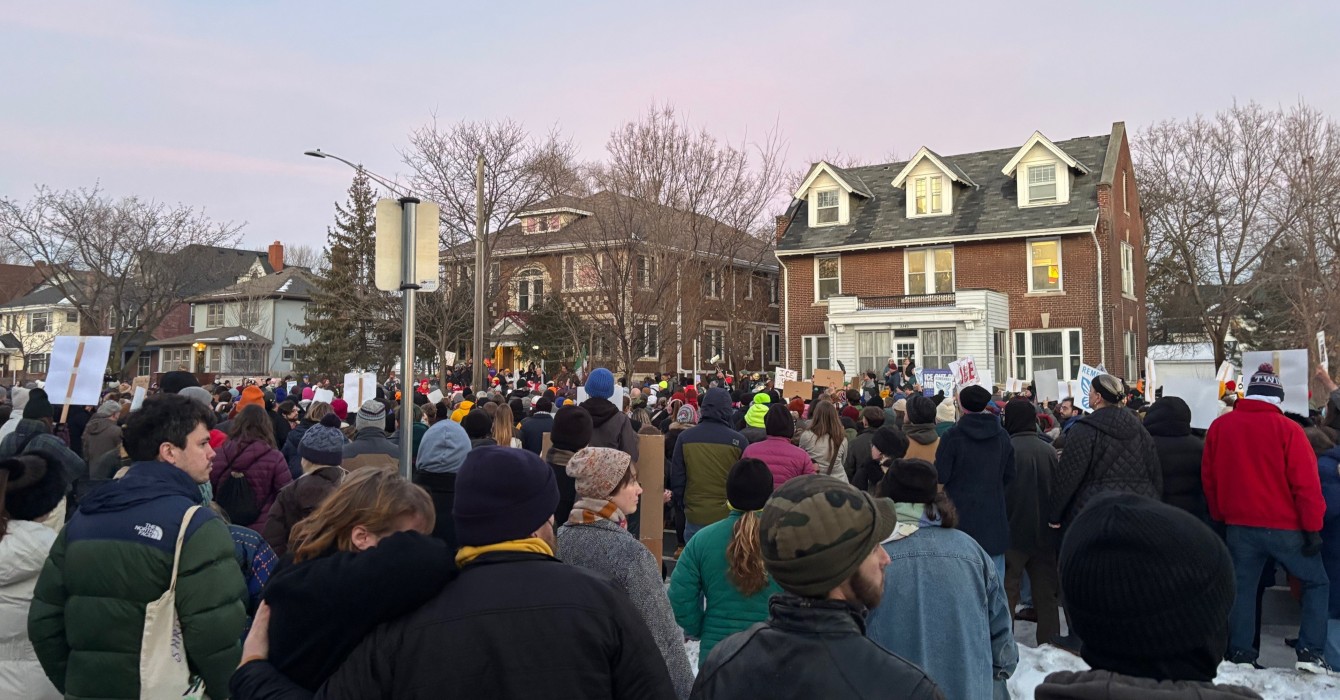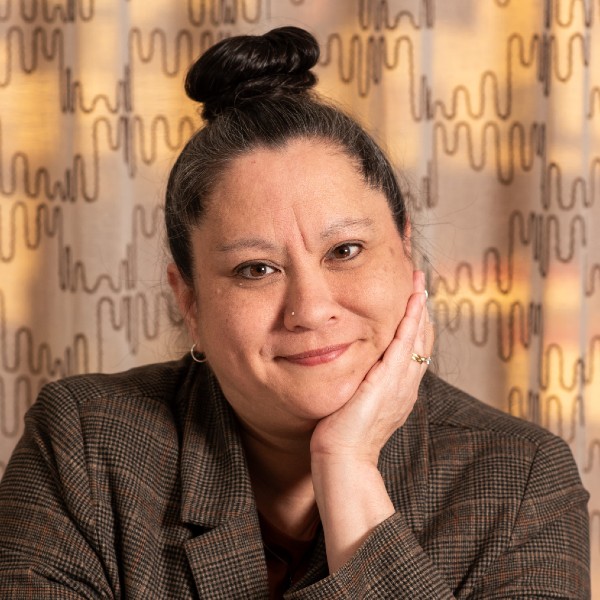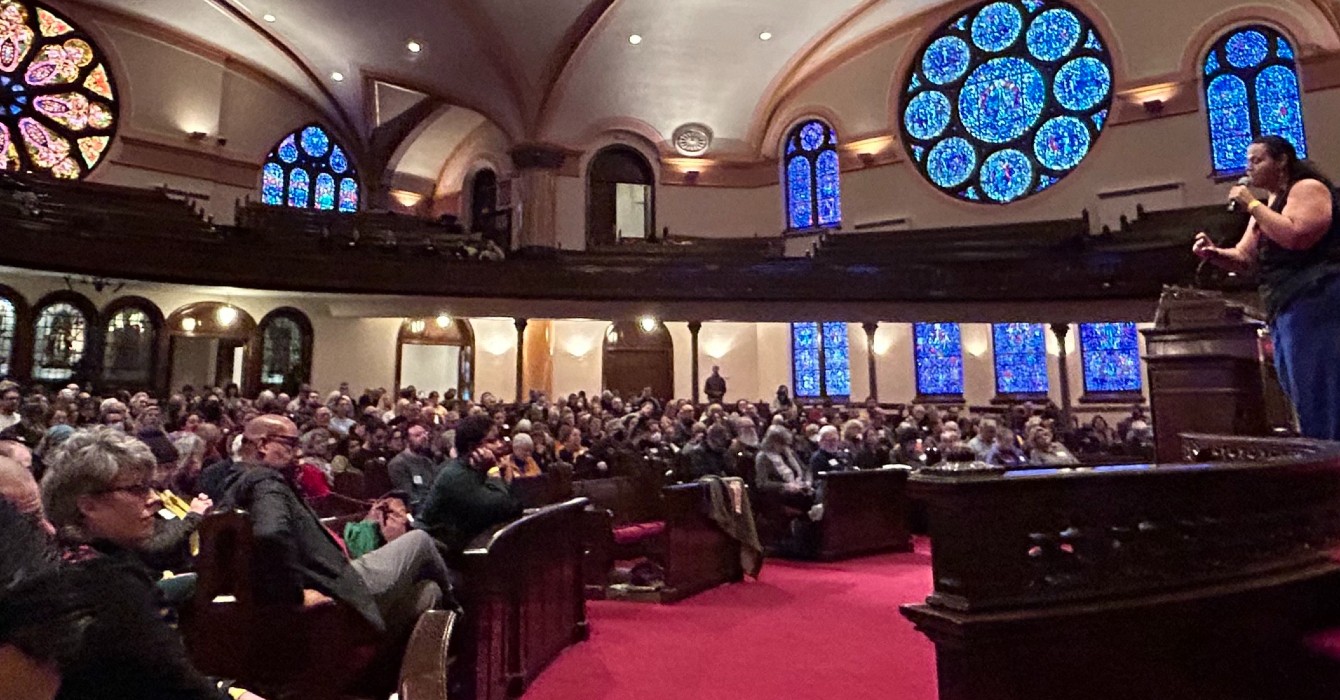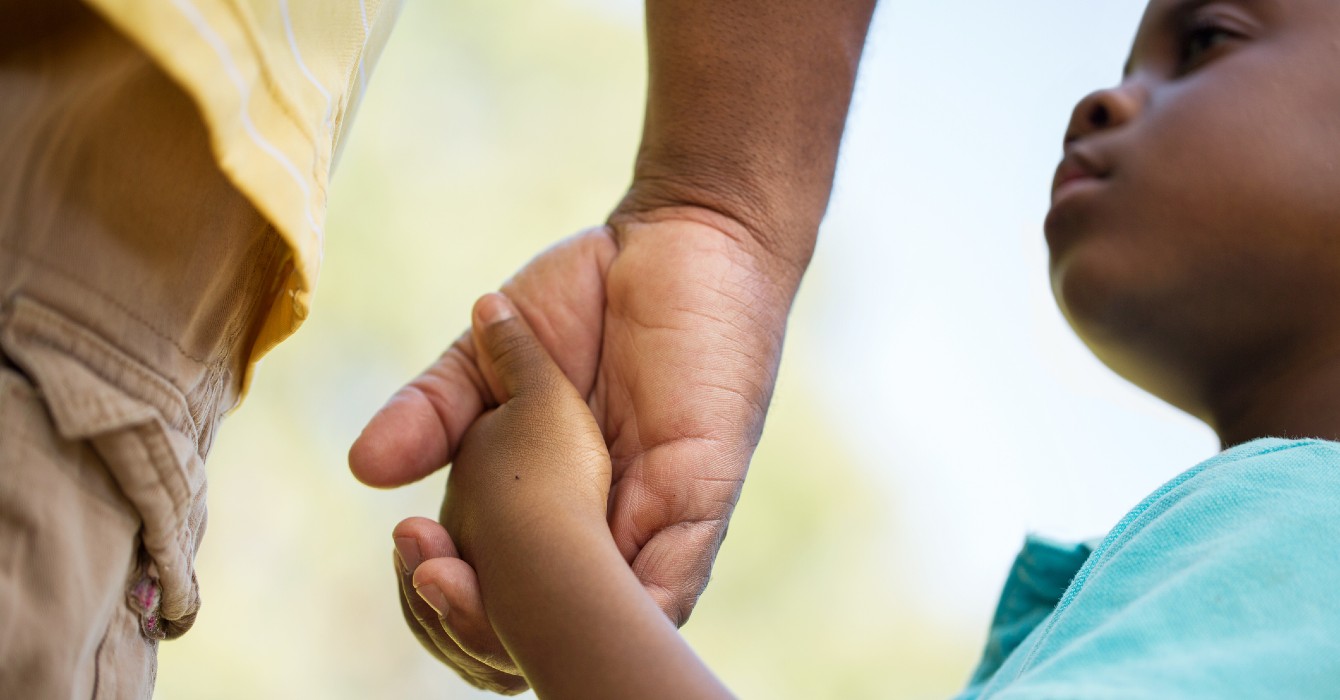In 1937, Opal Lee’s family purchased a home on Annie Street in Fort Worth, Texas. It should have been a cause for celebration for the family; however, there was a problem. Their home was in what was considered a “white neighborhood,” and their neighbors deemed their presence both a threat and an insult.
On Juneteenth (June 19) of 1939, at the tender age of 12, Opal Lee watched in horror as a white supremacist mob of more than 500 people razed her family’s home. Police officers were present that evening but did not intervene. The local newspaper said the police could not control the mob, although they did not even make the attempt. Following this heinous act, the family was able to purchase another home, but they never spoke about the trauma they endured.
The memory of the violence that Opal Lee, now known as the “Grandmother of Juneteenth,” and her family endured was prima causa — the first cause in Opal Lee’s fight to make it a national holiday. She is determined that the holiday focus not merely on the struggles of the past but, more importantly, on those of the present. In an interview with CNN, Lee stated, “We’ve got all of these disparities that we’ve got to address. … I’ve got children, grandchildren, great-grands and even some great-great-grands and I’m wanting them to have a much better world than the world I came up in.”
As much as Juneteenth should be a moment of celebration, it is also a moment to remember the violence Black Americans have endured and how much work remains to be done.
In my book “Something in the Water: A 21st Century Civil Rights Odyssey,” I share the story of attending a field hearing of the U.S. House Judiciary Committee in El Paso, Texas, approximately one month after the brutal massacre of 23 people there by a young white supremacist domestic terrorist.
One of the people who testified before the committee that day was a brilliant young professor from Brown University named Monica Muñoz Martinez. Now an associate professor of history at the University of Texas at Austin, Martinez’s research primarily focuses on the histories of racial violence. In her remarks, Martinez placed the brutal violence that had just unfolded in El Paso within the larger context of the violence that has shaped the history of Texas.
Through my own research, I learned that Texas ranks third in America in the number of Black Americans lynched in a state. During the 1910 Slocum Massacre in Slocum, Texas, as many as 100 Black Americans were killed over a two-day period. The New York Times reported the emerging horror under the matter-of-fact headline “Score of Negroes Killed by Whites.”
Texas is undoubtedly a violent place, especially with regard to racial violence. Always has been, and certainly is now. Today, 7% of all hate groups in America as identified by the Southern Poverty Law Center call Texas home. Many leaders of white supremacist groups have had a Texas connection, from Dallasite Richard Spencer, leader of the so-called alt-right, to North Texan Stewart Rhodes, leader of the Oath Keepers.
Just as Martinez placed the El Paso massacre in the broader context of Texas history, we must do so for Juneteenth. Juneteenth celebrates the day when enslaved Blacks in Texas received news of their emancipation, albeit two years after President Abraham Lincoln had signed the proclamation. It is celebrated as the official end of chattel slavery in the Americas.
Amid this annual celebration, it should not be forgotten that our newest federal holiday was born as a response to violence. As Juneteenth approaches, there are several contextual questions with which we must contend, not only in Texas, but across America.
What does it mean to celebrate Juneteenth in the wake of 10 Black Americans being gunned down while shopping in an East Buffalo grocery store? What does it mean to celebrate Juneteenth when Black Americans have fewer voting rights protections today than in August 1965? What does it mean for us to celebrate Juneteenth as acts of racial violence and hate crimes against many marginalized communities continue to skyrocket across America?
What does it mean to celebrate Juneteenth, a holiday of emancipation, when so many within the Black and brown community are not free, locked behind bars at a racially disproportionate rate by laws specifically designed to ensnare them?
Even as the birthplace of this holiday that celebrates freedom, Texas remains an ultraviolent place, and the violence is multiform. There is violence against women now forced by Texas law to birth children after an act of incest or rape if the pregnancy is discovered after six weeks, before the time that most women know that they are pregnant. There have been more voter suppression laws passed in Texas than in any other state. Texas law has removed a former requirement to teach schoolchildren that the Ku Klux Klan is morally wrong.
In many ways, Texas is the epicenter of the dubious, ongoing attack against American democracy. How we choose to celebrate this Juneteenth will reveal much concerning our awareness of the multiple threats our nation now faces.
As Martin Luther King Jr. Day has been largely hijacked by corporate interests and people seeking to de-emphasize King’s radical call for racial equity and the abolition of poverty, by making it a feel-good day of community service, efforts are already afoot to sanitize the Juneteenth holiday as well. However, if we resist, Juneteenth can be a day of commitment to the struggle for liberation and a day of direct action against systems of injustice. As Harriet Tubman once said, “God’s time [of emancipation] is always near. … [God] meant I should be free.”
It was the violent trauma of her childhood and her belief that her descendants should be fully free that motivated Opal Lee to struggle to make Juneteenth a federal holiday. Now, it is up to all of us to remember during our Juneteenth celebrations that we are not free until all of us are free, especially from violence in all of its nefarious and anti-democratic forms.



